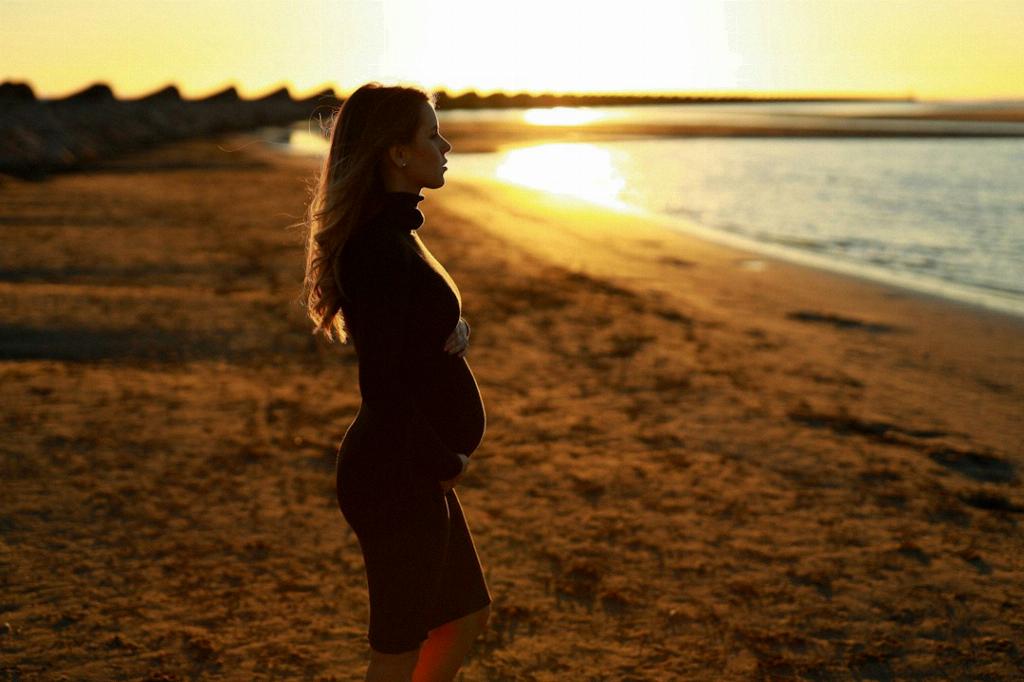Dealing with a sexually transmitted disease (STD) is already a challenging situation, but the stakes are even higher when you are pregnant. The question of whether having an STD while pregnant can harm the baby is a crucial one, as the health of both you and your developing baby is at risk.
The Risks and Complications
STDs can introduce a host of complications during pregnancy, potentially leading to serious effects for both you and your baby. These issues can manifest at birth, causing immediate harm, or they may go unnoticed until later in life. It’s essential to address any potential risks and take appropriate measures to safeguard the health of you and your child.
Impact on the Developing Baby
Having an STD while pregnant can pose direct risks to the developing baby. Depending on the specific STD, the baby may be at increased risk of birth defects, preterm birth, low birth weight, and even neonatal death. These consequences can have lasting effects on the child’s health and well-being.
Transmitting the Infection
One of the primary concerns of having an STD during pregnancy is the potential for transmitting the infection to the baby. Certain STDs can be passed from mother to child during pregnancy, childbirth, or breastfeeding, further complicating the situation and putting the baby’s health at risk.
Importance of Prenatal Care
Prenatal care plays a crucial role in addressing STDs during pregnancy. Regular check-ups and screenings can help detect and treat STDs early, reducing the risk of complications for both you and your baby. It’s essential to be proactive in seeking medical care and following your healthcare provider’s recommendations.
Prevention and Protection
Preventing STDs during pregnancy is key to safeguarding the health of your baby. Practicing safe sex, getting tested for STDs before and during pregnancy, and seeking treatment if diagnosed are important steps to prevent harm to the baby. Educating yourself about STDs and their potential risks is crucial in making informed decisions about your health and the health of your child.
Partner Involvement
Involving your partner in discussions about STDs and pregnancy is essential. Both partners should prioritize open communication, get tested for STDs, and seek treatment if necessary. Working together to protect each other’s health can help prevent the transmission of STDs and reduce the risks associated with pregnancy.
Support and Resources
Dealing with an STD during pregnancy can be overwhelming, but you don’t have to navigate it alone. Seeking support from healthcare providers, counselors, or support groups can provide valuable guidance and assistance. Additionally, accessing reliable resources and information can help you make informed decisions and take proactive steps to protect your baby’s health.
Long-Term Effects
The impact of STDs during pregnancy may extend beyond birth, potentially leading to long-term effects on the child’s health. Some STDs can cause developmental delays, chronic health conditions, or other complications that may require ongoing medical attention. Understanding these risks can help you stay vigilant and proactive in monitoring your child’s health as they grow.
Preventive Measures
While the consequences of having an STD during pregnancy can be serious, preventive measures can significantly reduce the risks. By practicing safe sex, getting tested regularly, and seeking timely treatment, you can protect yourself and your baby from potential harm. Taking proactive steps to prioritize your health and well-being is crucial in ensuring a safe and healthy pregnancy.
Conclusion
In conclusion, having an STD during pregnancy can indeed harm the baby, posing risks of birth complications, transmission of infection, and long-term health effects. It is essential to prioritize prenatal care, preventive measures, and open communication with your partner to safeguard the health of both you and your child. By staying informed, proactive, and seeking support when needed, you can navigate the challenges of STDs during pregnancy and work towards a healthy outcome for you and your baby.

